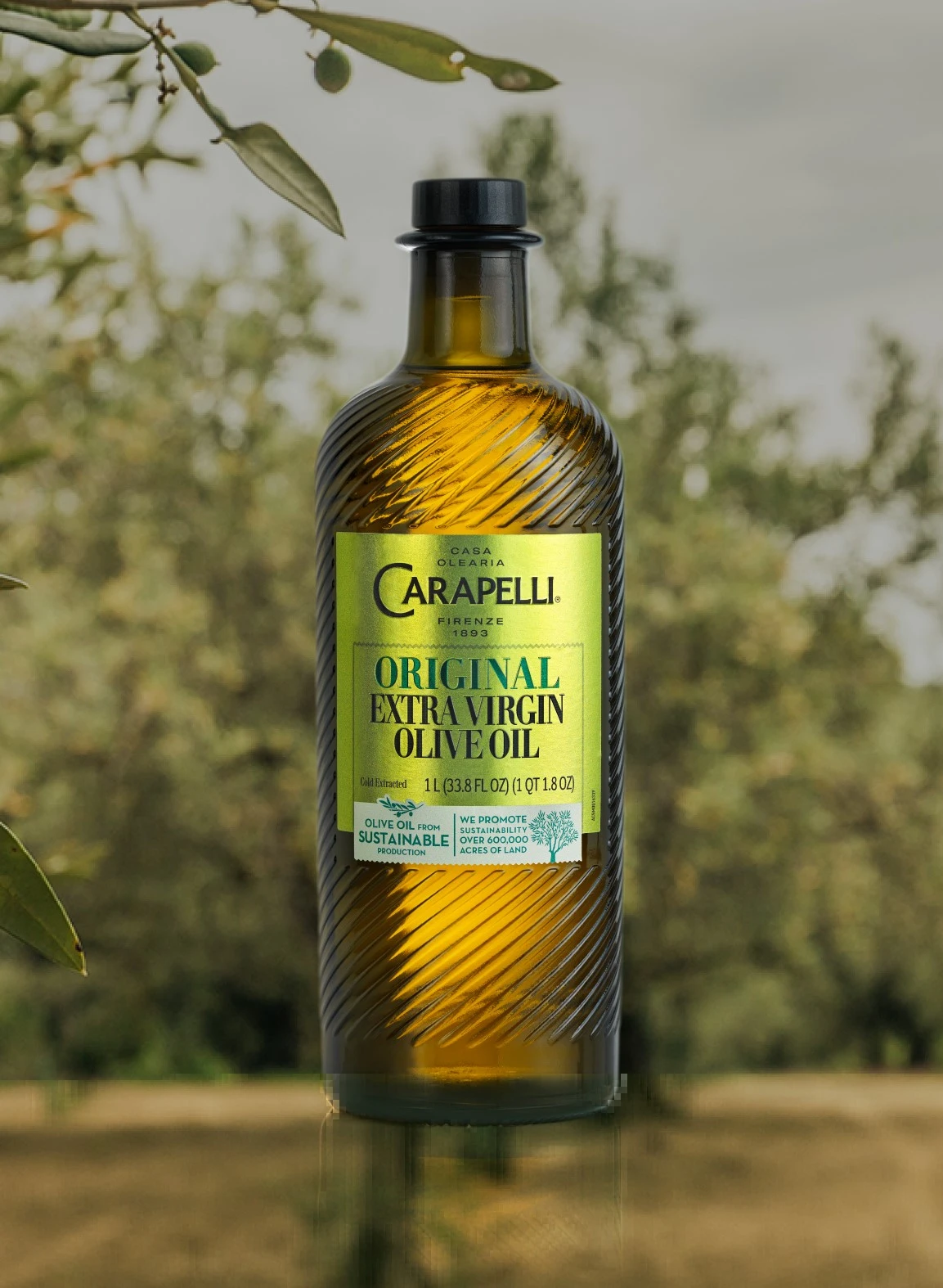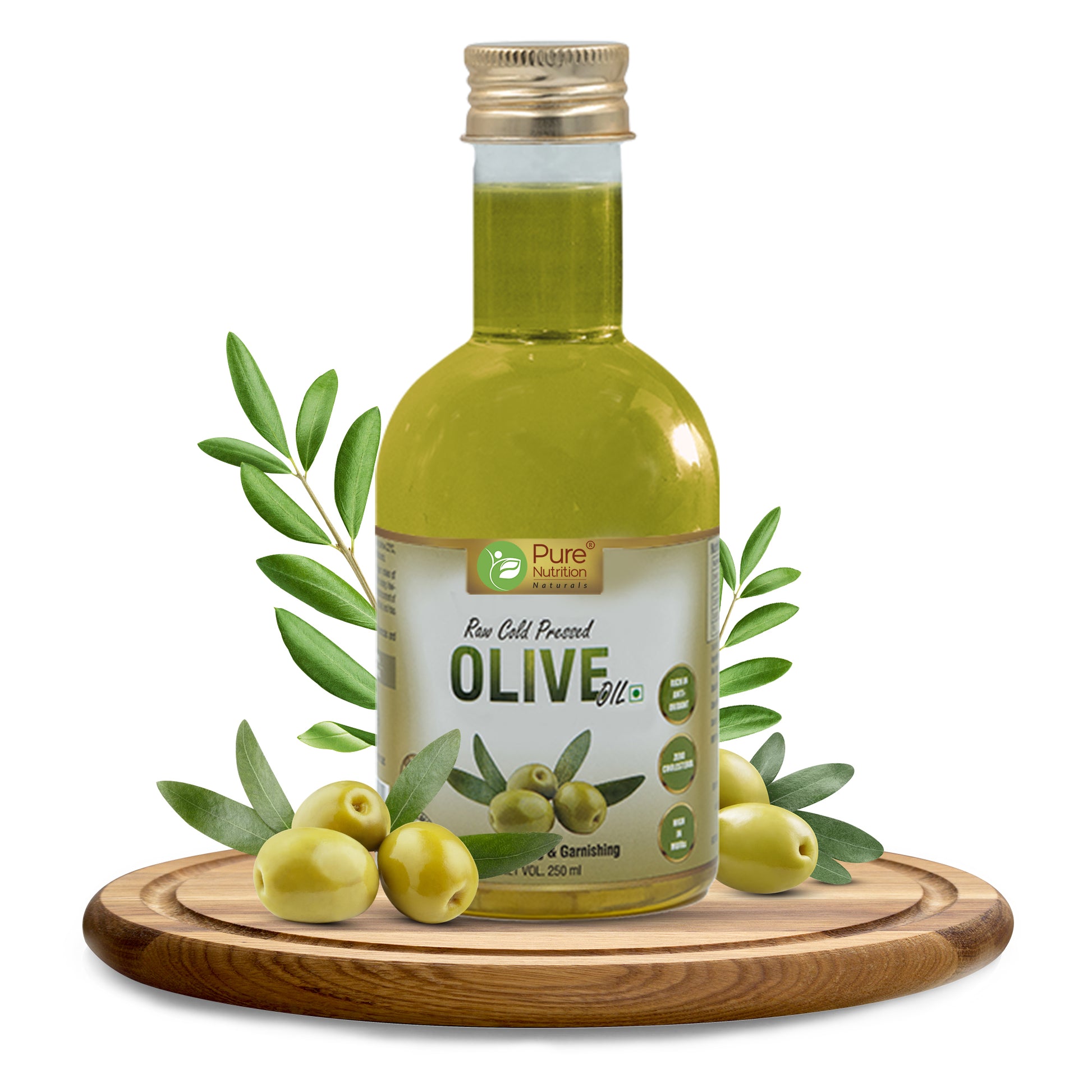Why Extra Virgin Olive Oil Benefits Your Gut and Digestive System
Why Extra Virgin Olive Oil Benefits Your Gut and Digestive System
Blog Article
Checking Out the Different Kinds of Olive Oil and Their Usages, Including Extra Virgin Olive Oil
The exploration of olive oil incorporates a diverse variety of kinds, each offering culinary applications and unique tastes. Extra virgin olive oil, renowned for its remarkable quality and health and wellness advantages, serves as a staple in lots of kitchens, yet it is just one aspect of this diverse active ingredient.
What Is Olive Oil?
Acquired from the fruit of the olive tree, olive oil is a staple in Mediterranean cuisine and a key component in numerous culinary applications. This versatile oil is created by pushing entire olives, leading to a fluid that differs in shade, flavor, and aroma depending on the type of olives utilized, the region of growing, and the removal procedure. Olive oil is mostly made up of monounsaturated fats, particularly oleic acid, which is known for its potential health benefits, including anti-inflammatory properties and cardiovascular support.
Along with its culinary uses, olive oil has a long history of application in traditional medicine and skincare, owing to its rich antioxidant content (extra virgin olive oil benefits). The oil is typically utilized in dressings, marinates, and for cooking techniques such as sautéing and roasting. Its unique flavor profile can enhance the preference of numerous recipes, making it an essential ingredient for both home chefs and specialist cooks
Additionally, olive oil is celebrated for its role in the Mediterranean diet, which is linked with countless wellness benefits. As awareness of these benefits expands, olive oil remains to acquire popularity worldwide as a basic element of a healthy lifestyle.
Kinds of Olive Oil
Comprehending the various kinds of olive oil is vital for both culinary lovers and health-conscious consumers. Olive oil is categorized primarily based upon its extraction approach and quality, which significantly influences its taste, health and wellness, and fragrance advantages.

Light olive oil, despite its name, describes a lighter taste and not lower calories. It is perfect for those seeking an extra refined taste in dressings and marinades. In addition, there are flavored olive oils infused with natural herbs, flavors, or citrus, which can improve dishes without the demand for extra seasoning.
Each kind of olive oil offers particular cooking functions, and comprehending these differences permits consumers to make enlightened options that line up with their food preparation designs and health objectives.
Bonus Virgin Olive Oil
Additional virgin olive oil (EVOO) is extensively considered as the finest olive oil readily available, well known for its abundant flavor and countless health and wellness benefits. To be identified as extra virgin, the oil has to be created from fresh olives using mechanical procedures, without using solvents or too much heat. This thorough technique preserves the oil's all-natural flavors, anti-oxidants, and healthy fats, causing an item with a low level of acidity degree of less than 0.8%.
EVOO is bountiful in monounsaturated fats, particularly oleic acid, which is connected to reduced swelling and boosted heart health and wellness. It additionally contains polyphenols, powerful anti-oxidants that may provide safety effects against persistent conditions. The flavor profile of EVOO can differ considerably relying on the olive variety and region of manufacturing, varying from grassy and fruity to durable and peppery.

Culinary Uses of Olive Oil

In cooking, olive oil can be utilized for sautéing, roasting, and barbecuing, offering a healthier alternative to butter or other fats. Its high smoke factor makes it ideal for numerous cooking approaches, while its anti-oxidants add to a heart-healthy diet plan. Drizzling olive oil over finished dishes, such as pasta, fish, or smoked veggies, can raise flavors and add a touch of style.
In addition, olive oil plays a substantial function in baking, where it can replace typical fats in dishes for bread and pastries, passing on dampness and a refined taste. It also acts as a base for home instilled oils, enabling chefs to trying out flavors such as garlic, herbs, or chili, better increasing its culinary potential. On the whole, olive oil's adaptability makes it important in both home and professional cooking areas.
Deciding On Quality Olive Oil
When picking high quality olive oil, it's important to consider a number of essential variables that influence the item's aroma, wellness, and flavor benefits. Choose for added virgin olive oil (EVOO), which is derived from the initial cold pressing of olives and consists of the highest levels of anti-oxidants and advantageous substances. Seek oils that are certified by recognized companies, as this frequently makes sure adherence to stringent high quality requirements.
The product packaging also plays a considerable duty in maintaining the oil's integrity. Select oils kept in dark glass containers or tins to secure versus light degradation. Focus on the harvest date; fresher oils use premium flavor and nutritional value, so choose products that are within 18 months of their harvest.
Furthermore, take into consideration the beginning of the oil. Top quality olive oils typically originate from certain areas recognized for their distinctive taste accounts, such as Italian, Spanish, or Greek oils. Ultimately, understand the taste; a high quality olive oil should have a balance of fruity, bitter, and peppery notes, indicating its richness and complexity. By examining these aspects, you can ensure you are selecting the best olive oil for your culinary requirements.
Verdict
In summary, the expedition of different types of olive oil discloses distinct features and applications, with additional virgin olive oil standing for the pinnacle of top quality due to its low level of acidity and high antioxidant content. Recognizing the different selections of olive oil allows for educated choices in cooking approaches, promoting much healthier practices while enhancing the overall gastronomic experience.
Obtained from the fruit of the olive tree, olive oil is a staple in Mediterranean food and an essential active ingredient in various culinary applications.The most usual types of olive oil include improved olive oil, pure olive oil, and light olive oil.Extra virgin olive oil (EVOO) is commonly pertained to as the greatest top quality olive oil available, renowned for its abundant flavor and various wellness advantages. Opt for extra virgin olive oil (EVOO), which is derived from the initial cool pushing of olives and has the greatest levels of anti-oxidants and advantageous substances.In recap, the expedition of numerous types of olive oil reveals unique qualities and applications, with added virgin olive oil standing for the peak of quality due to its low acidity and high antioxidant content.
Report this page